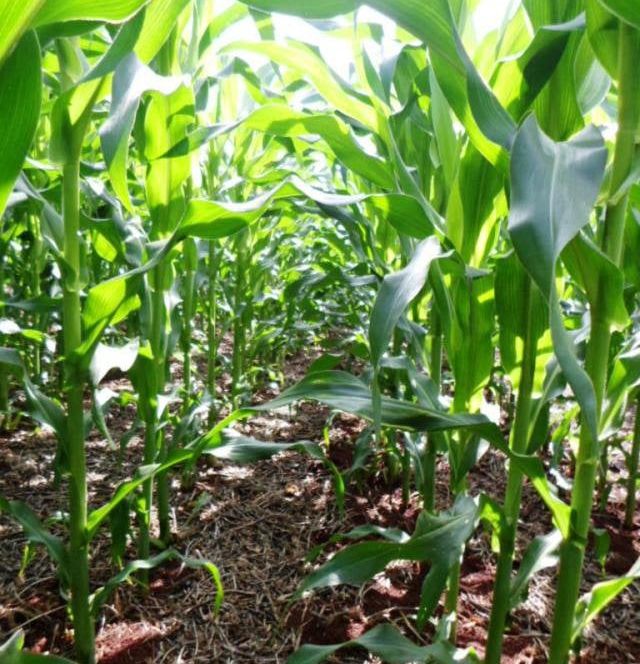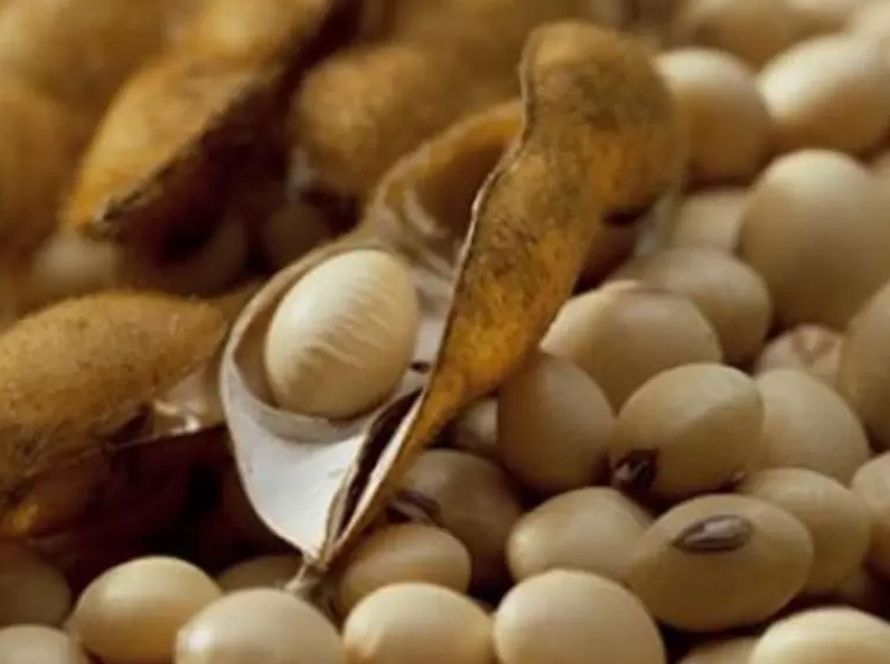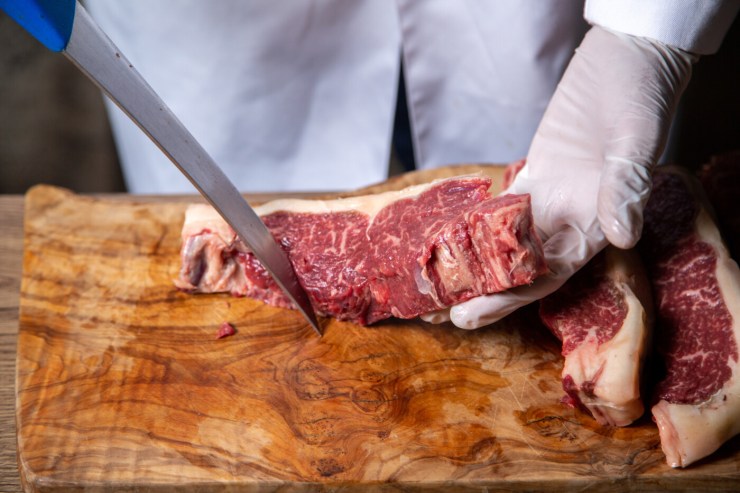The Mato Grosso Soybean and Corn Producers Association (Aprosoja MT) expresses its support for the approval of Bill No. 4,497, of 2024, which is being processed as an urgent matter and is scheduled for voting in the plenary session next Tuesday, June 10, 2025, in the Chamber of Deputies.
The text provides for the extension of the deadline and rules for ratification of real estate registrations resulting from the sale and concession of public lands located in the border areas and promotes specific changes to Law No. 13,178/2015. Owners of rural properties located in the border area whose titles were issued by the state on lands under federal jurisdiction must seek ratification of these registrations at the Real Estate Registry Offices in their jurisdiction, as well as those whose state titles in the border area do not have the approval of the National Security Council (CSN).
In Mato Grosso, a large part of these titles are regularized through the former Department of Land and Colonization (DTC), now the Mato Grosso Land Institute (INTERMAT), without prior consent from the competent authority or without observing legal requirements that prevented the concession by the state in the border region.
The administrative director of Aprosoja MT, Diego Bertuol, assessed the risks that producers in these areas face if the current deadline is not extended.
“Aprosoja MT supports the bill so that producers have more time to ratify the title to their property and have more legal security. These are producers who have sometimes been in this area for more than 30, 40 years and often only have one registration with Intermat. Therefore, our organization asks that the bill be approved, with the strength that the Parliamentary Front for Agriculture (FPA) has, so that these rural producers are not left as mere squatters in their area,” he emphasized.
According to Law No. 13,178 of October 22, 2015, properties whose registration has not been ratified by October 2025 must be incorporated into the public heritage as federal lands, with the property owner becoming a mere occupant (squatter). In addition, in the event of expropriation, the property owner is not entitled to compensation. Titles issued by the federal government within federal public lands or those of settlements already ratified or issued by the National Institute of Colonization and Agrarian Reform (INCRA) are not subject to this requirement.
This is not the ratification of a land regularization process, but rather the confirmation of the registration of areas already titled by the state. The procedure aims to provide legal security to landholders whose property rights have already been recognized by the government.
The president of Aprosoja MT, Lucas Costa Beber, highlighted that the entity considers the processing and approval of the new deadline to be urgent. “Many properties have titles that were issued by Intermat and still need validation, that is, there are pending matters to be fulfilled due to federal law requirements. And at the same time, there is not enough time for this, so these owners run a serious risk of losing their areas and having their lands incorporated into the Federal Government's assets, which is why our association has sought approval of this project,” he stated.
For the vice-president of the entity, Luiz Pedro Bier, the association has a fundamental role in this debate. “Aprosoja MT represents soybean and corn producers in the state of Mato Grosso and it is with great concern that we view the deadline for registering properties, which is why we are demanding a longer deadline and clearer rules, expressing support for the approval of the bill that is being processed urgently”, he highlighted.
In Brazil, the border area involves 588 municipalities. In Mato Grosso, 28 municipalities are located partially or entirely in an area up to 150 kilometers from the border between Brazil and Bolivia.
We need to address this issue, which involves complexity in formalization, legal uncertainty, and risk to the assets and history of families who have owned these properties for generations. We trust in the approval of Bill 4,497 of 2024 so that, in addition to a longer period for regularization, clear and objective rules are defined to make the procedure viable.





